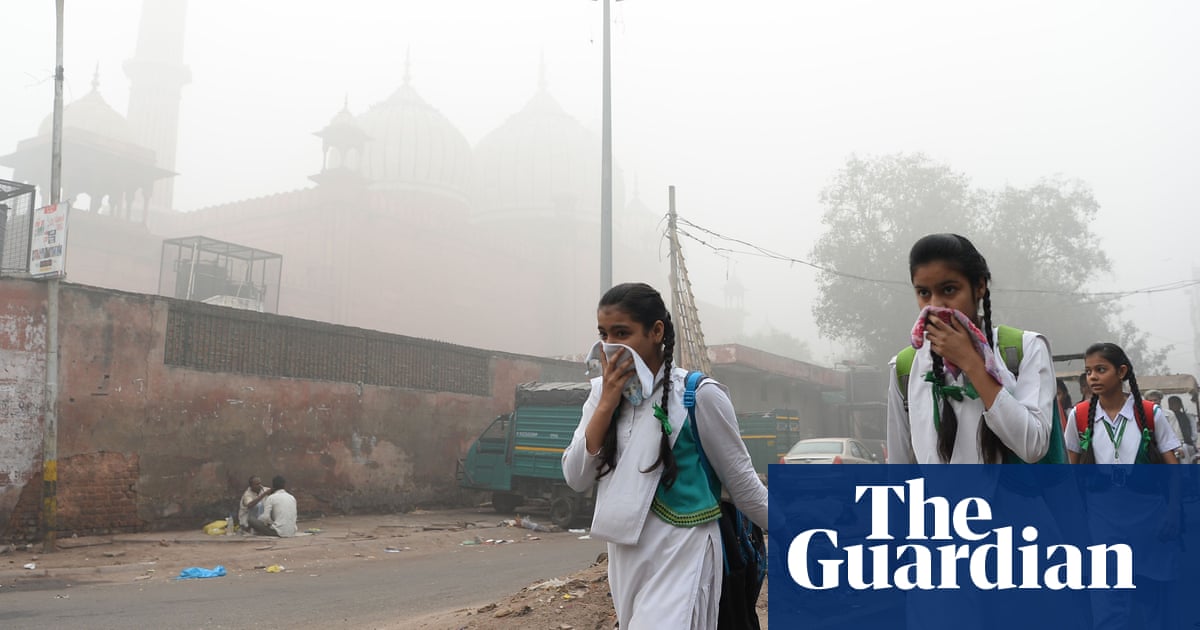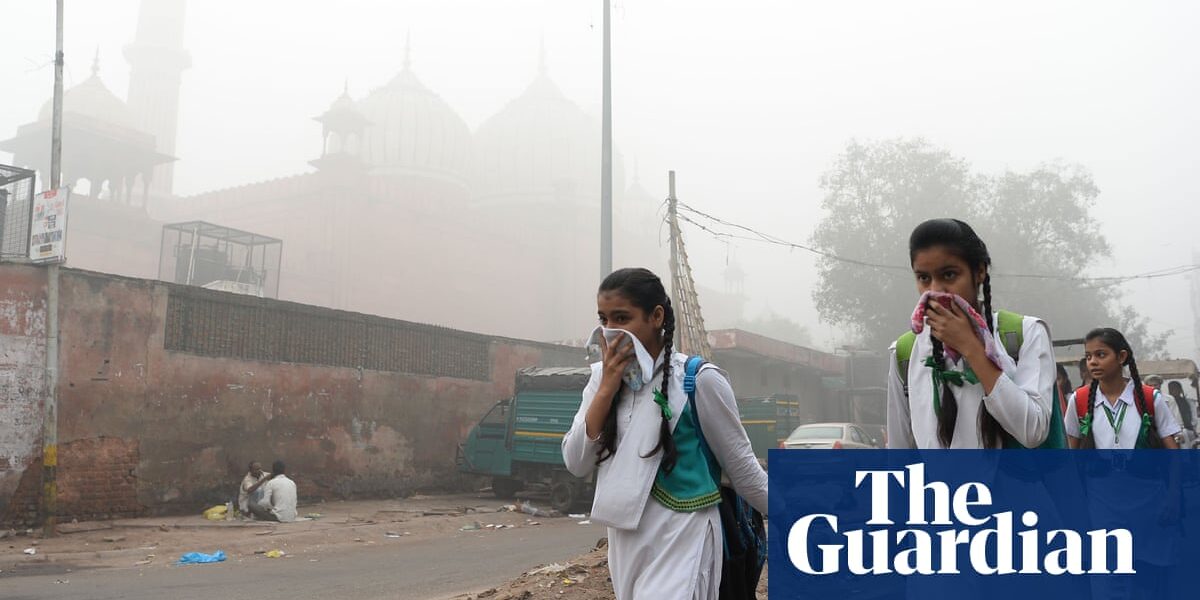Research has revealed that only seven countries are in compliance with the air quality standard set by the WHO.

A recent report has revealed that only seven nations are meeting a global standard for air quality, while in some areas, dangerous air pollution has worsened due to an increase in economic activity and the negative effects of smoke from wildfires.
The report examined 134 countries and regions, and out of those, only seven (Australia, Estonia, Finland, Grenada, Iceland, Mauritius, and New Zealand) are within the World Health Organization’s (WHO) recommended limit for minuscule airborne particles produced by vehicles and industries.
According to a report by IQAir, an air quality organization based in Switzerland, most countries are not meeting the required level for PM2.5 – a minuscule particle of soot smaller than a human hair that can lead to various health issues and fatalities when breathed in. This failure puts people at risk and could have serious consequences. The report collects information from over 30,000 monitoring stations globally.
Although the overall quality of air around the globe has improved compared to the last century, there remain regions where pollution is at incredibly hazardous levels. According to a report by IQAir, Pakistan stands as the most polluted nation with PM2.5 levels that exceed the WHO standard by more than 14 times. India, Tajikistan, and Burkina Faso follow as the next three most polluted countries.
However, despite being affluent and rapidly advancing, many countries face challenges in reducing air pollution. In Canada, which has historically had relatively clean air in comparison to other western countries, this progress has been hindered by the effects of wildfires. These fires have led to high levels of PM2.5 pollution, spreading toxic air not only within the country but also into the neighboring US.
Meanwhile in China, the progress made in reducing air pollution was hindered last year due to a resurgence in economic activity following the Covid-19 pandemic. The report reveals a 6.5% rise in PM2.5 levels.
According to IQAir’s North America CEO, Glory Dolphin Hammes, things have regressed and not improved. Despite clear evidence of the negative effects of air pollution, we have become desensitized to living in an environment with high levels of pollution that are harmful to our well-being. Our efforts to make necessary changes are not happening quickly enough.
Air pollution is responsible for roughly 7 million deaths annually, which is higher than the combined deaths from Aids and malaria. This is especially problematic in developing nations, where the use of highly polluted fuels for heating, lighting, and cooking is common.
According to the sixth IQAir report, Begusarai, India was identified as the most highly polluted urban area in the world last year. India also claims the top four cities with the worst air pollution. Unfortunately, many developing countries in Africa do not have dependable methods for measuring air quality.
In 2021, the WHO has reduced the recommended PM2.5 levels to 5 micrograms per cubic meter. By this standard, numerous countries, including those in Europe that have made considerable efforts to improve air quality over the last two decades, do not meet the guideline.
However, this stricter rule may not encompass all potential dangers posed by insidious air pollution. Last month, American researchers published a study revealing that there is no safe threshold for PM2.5, as even minimal exposure has been linked to a rise in hospitalizations for ailments like heart disease and asthma.
Hammes suggested that nations take action to increase pedestrian accessibility and decrease dependence on automobiles in their cities. They also proposed making changes to forestry methods to mitigate the effects of wildfire smoke and transitioning to clean energy sources in lieu of non-renewable fuels. According to Hammes, it is important to remember that the earth’s atmosphere is shared by all, and as such, we must prioritize actions that do not harm others.
According to Aidan Farrow, a senior scientist specializing in air quality at Greenpeace International, there is a need for improved monitoring of air quality.
The issue of air pollution continues to be a worldwide health crisis in 2023. According to IQAir’s global data, this serves as a wake-up call of the inequalities caused by this problem and the urgency to address it with the various solutions available.
Source: theguardian.com



